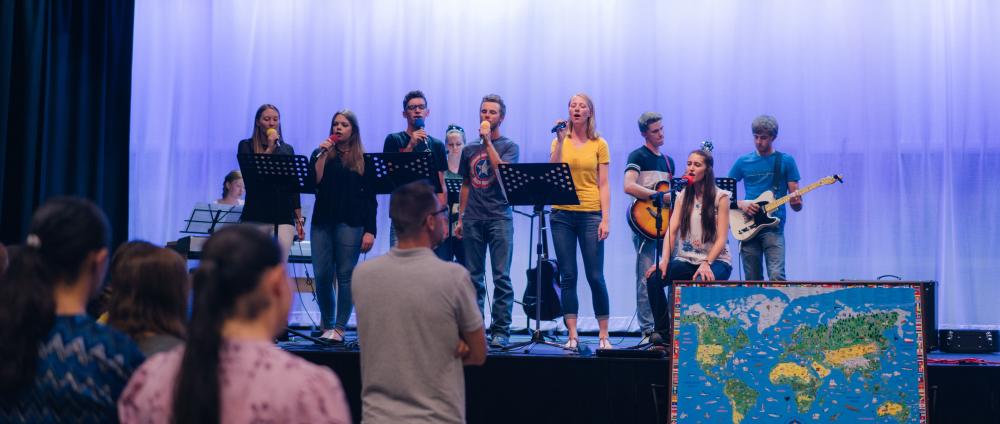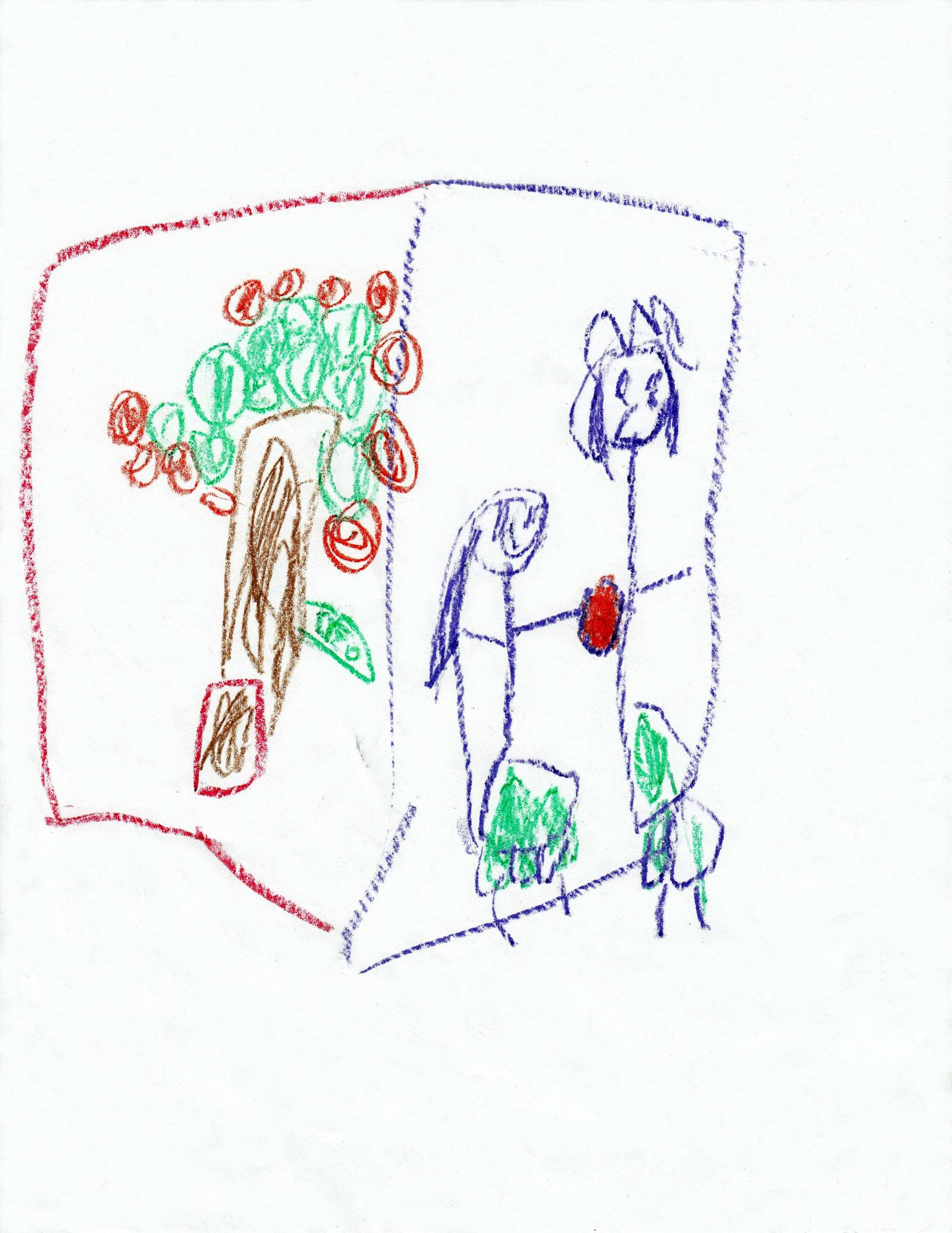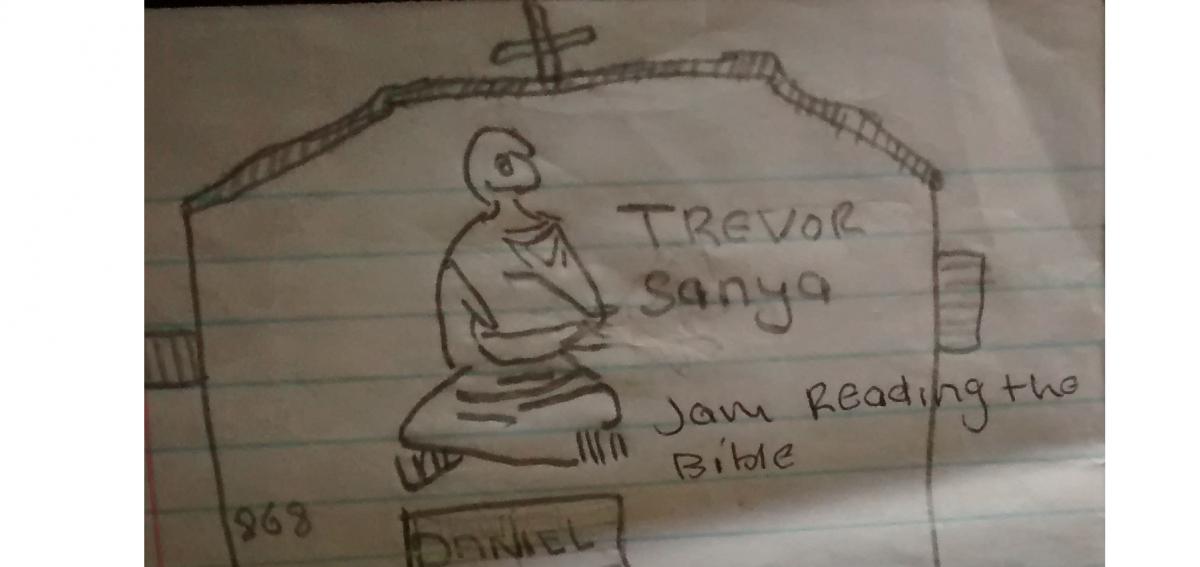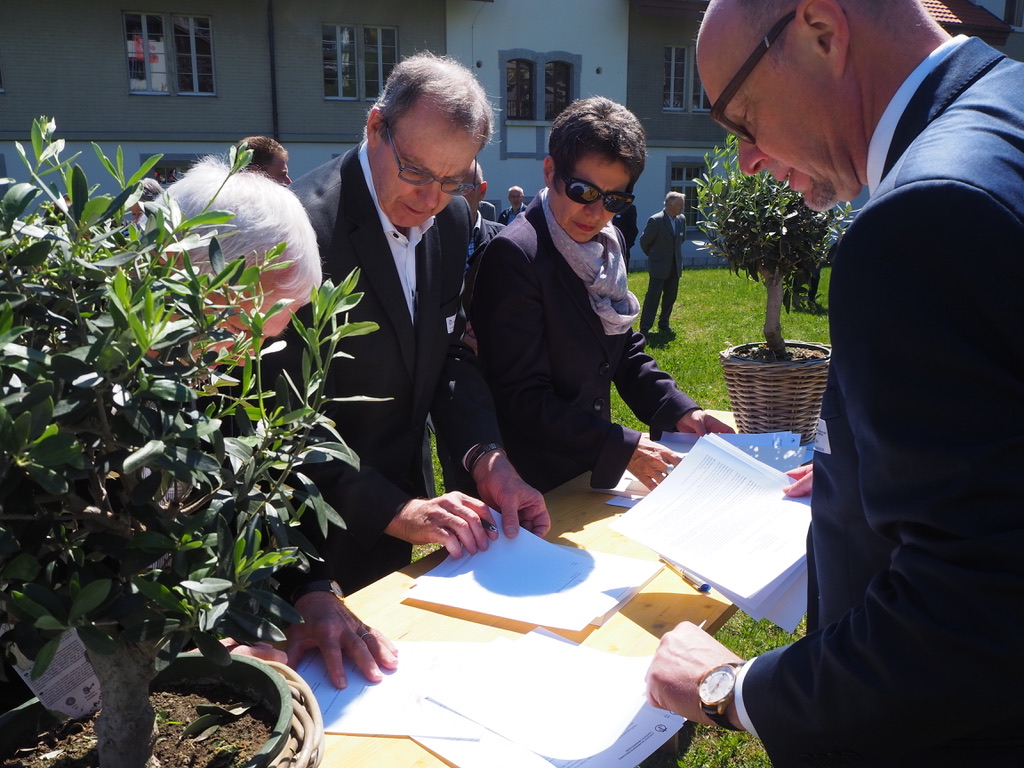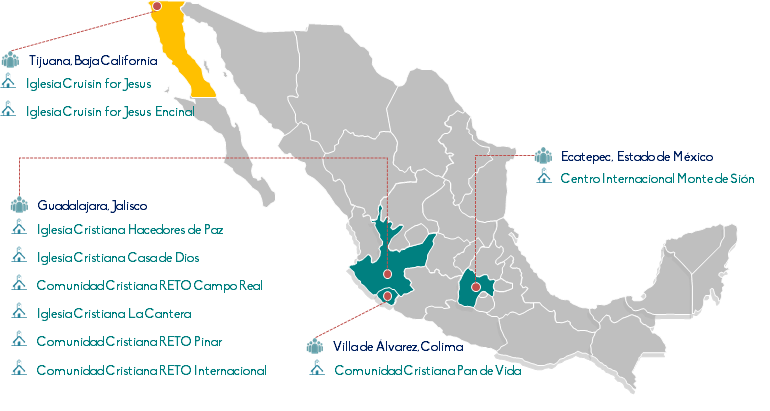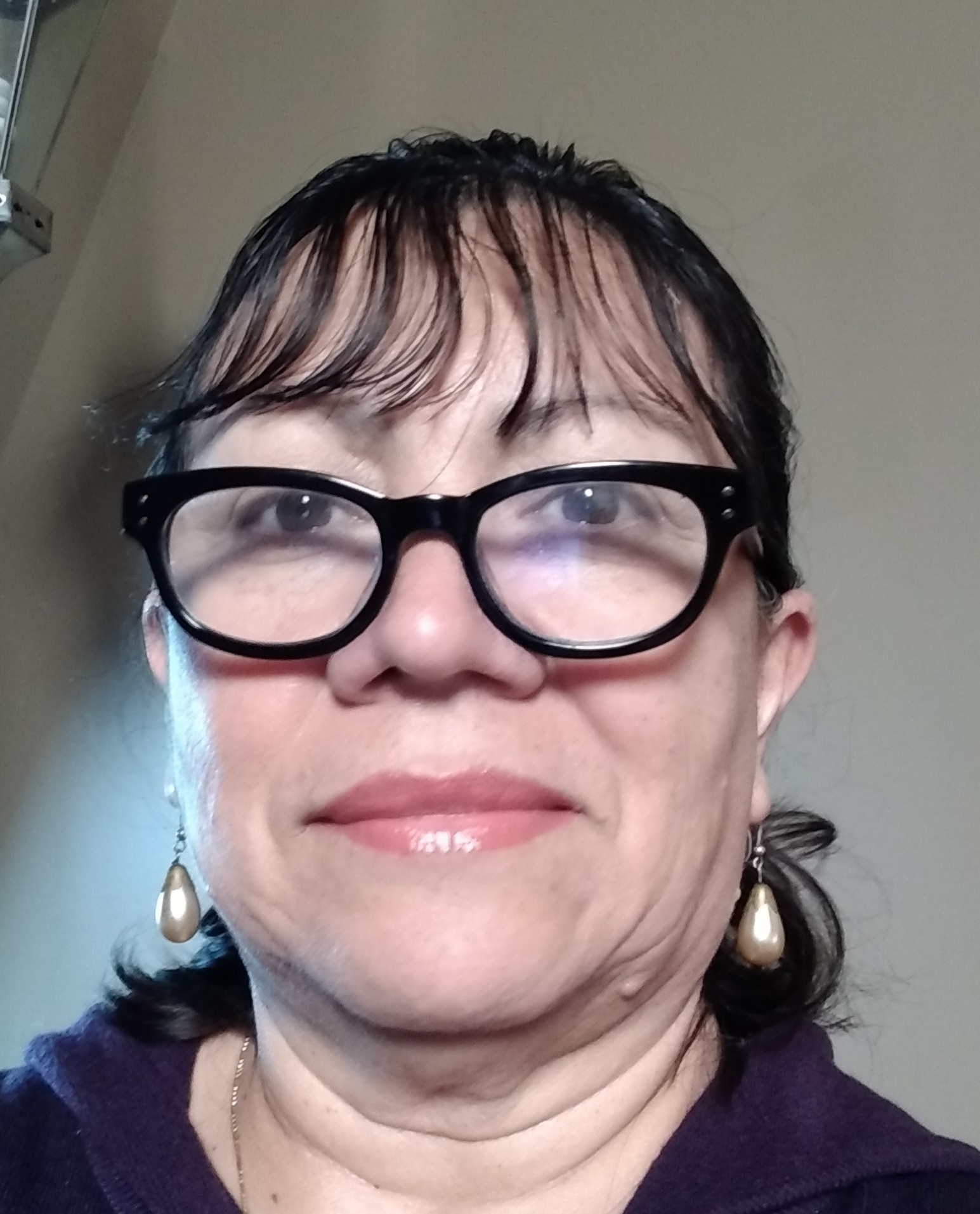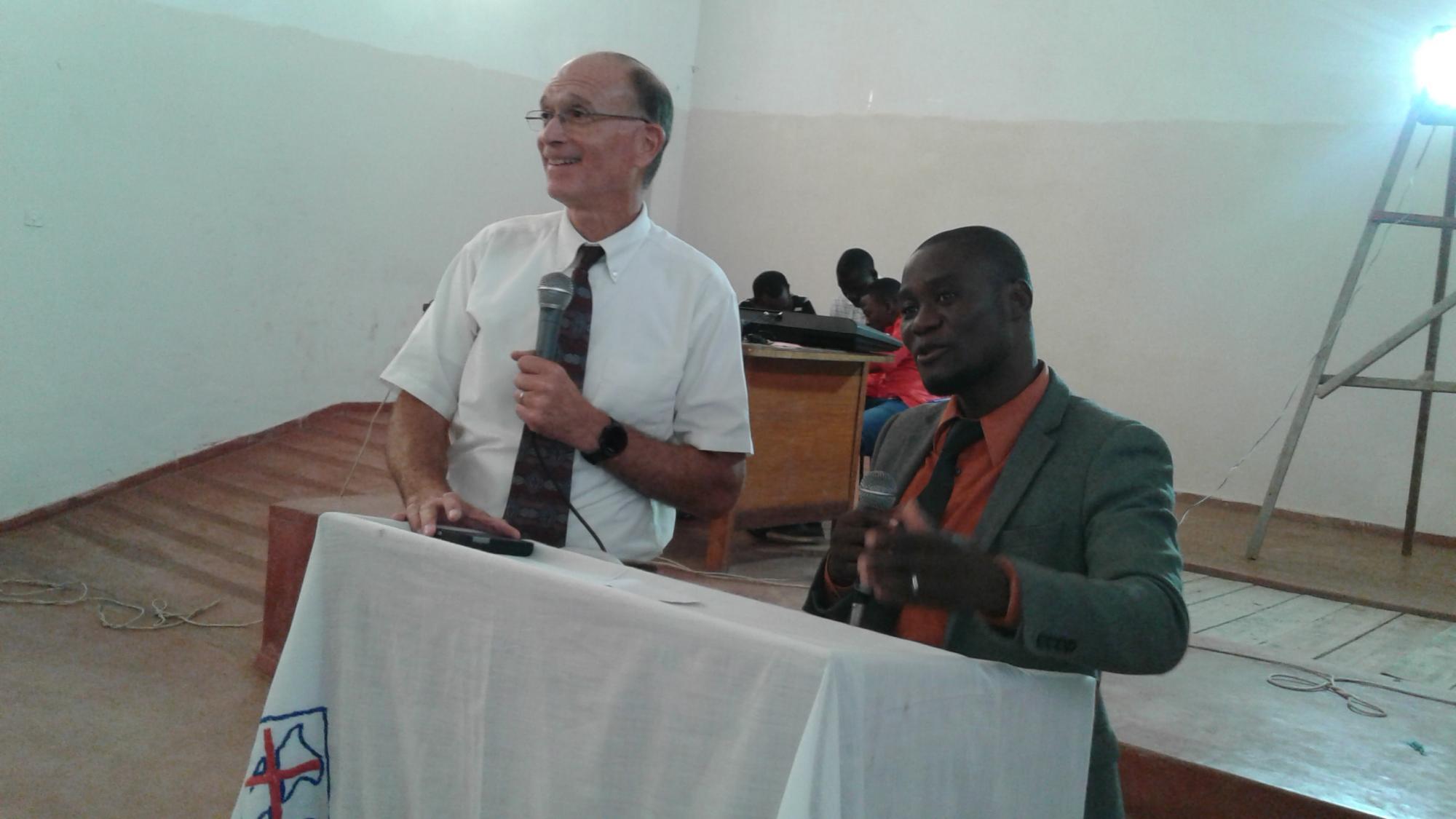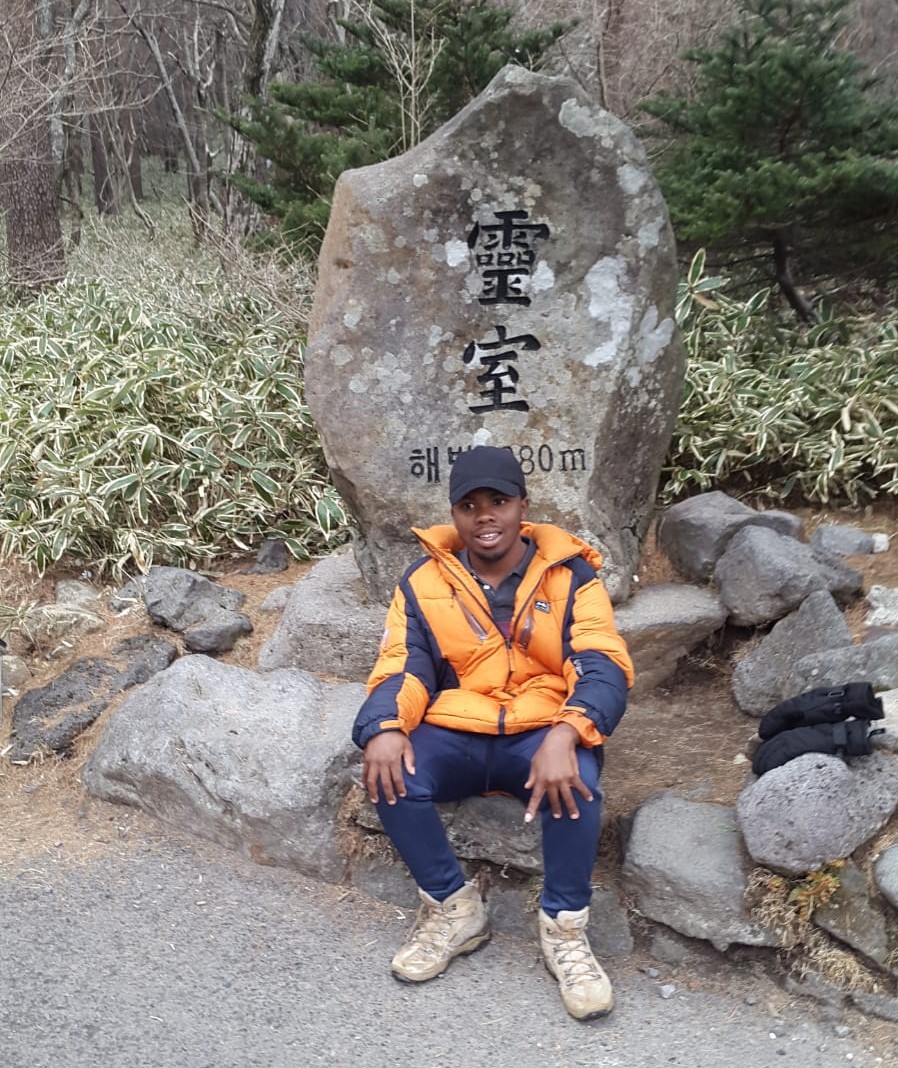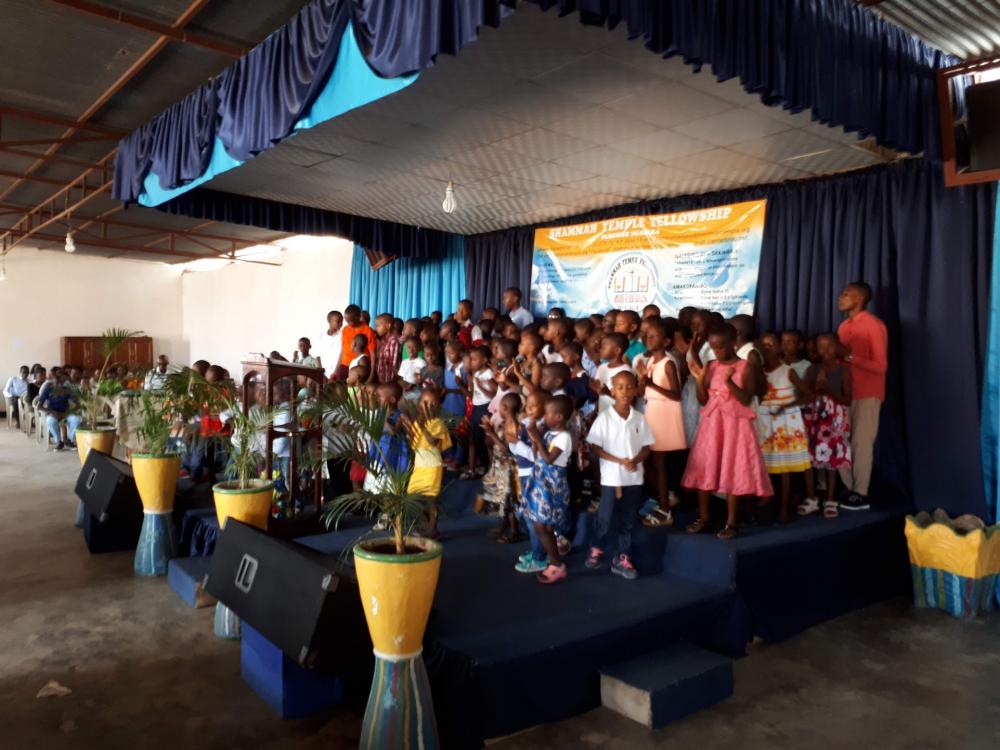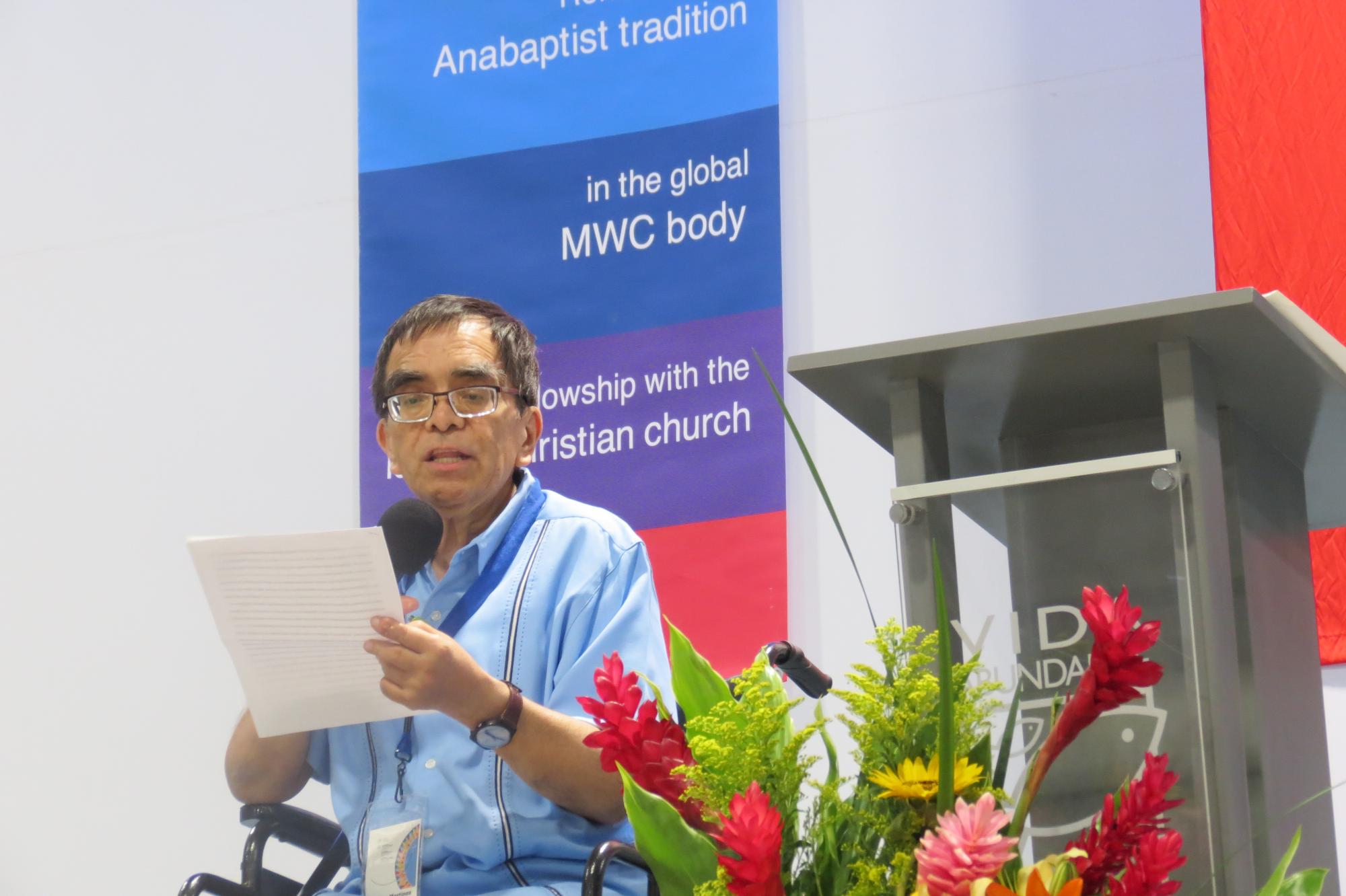-
Salt and light: Young Anabaptists pray
How can we be salt and light in the world? Young Anabaptists are exploring this question together through the YABs Fellowship Week worship resources. Pray with young people about the Anabaptist church around the world: Kenya (Wycliff Ochieng): Remember us in prayers: Currently, we are experiencing drought in some parts of the country and people
-
Protecting children
“Is it actually necessary to think about those topics (abuse, neglect)? I mean, we are part of a Christian church!” This is a common reaction I get while educating people about the topic of “Safe Church.”* Sadly, though, it is a fact that churches are not safe just because they are churches. A safe atmosphere
-
“Let the little children come to me”
“Let the little children come to me, and do not stop them; for it is to such as these that the kingdom of heaven belongs” (Mathew 19:14). The Gospels record Jesus saying these words to those who want to remove the children from his presence. Jesus is saying something we know to be true today:
-
Growing forgiveness
It took about 490 years for government officials in Bern, Switzerland, to ask for forgiveness for persecution of Anabaptists in the region. It took less than two to get a response from Swiss Mennonites. Delegates from every congregation in Konferenz der Mennoniten der Schweiz [Alttäufer]/Conférence Mennonite Suisse [Anabaptiste] (KMS/CMS) gathered to offer forgiveness to the
-
Ministry partner update: ICOMB – May 2019
The International Community of Mennonite Brethren (ICOMB) is made up of 21 national churches in 19 countries with approximately 450,000 members. ICOMB exists to facilitate relationships and ministries to enhance the witness and discipleship of its member national churches – connecting, strengthening and expanding. The church in Mexico The Conference of the Mennonite Brethren in
-
From darkness to light
No matter how many times you visit India, the overcrowded cities, hazy air and animal-people-vehicle jammed streets of this country with more than 1.3 billion people are an assault to your physical senses and inner spirit. The contrast between light and darkness is evident in India. The crushing poverty, desperation, and hopelessness speak of the
-
Justice on the journey: Migration
Like the chambers of a heart, the four MWC commissions serve the global community of Anabaptist-related churches, in the areas of deacons, faith and life, peace, mission. Commissions prepare materials for consideration by the General Council, give guidance and propose resources to member churches, and facilitate MWC-related networks or fellowships working together on matters of
-
Born for mission, die for mission
Renewal 2027 testimony: Anabaptists today Renewal 2027 is a 10-year series of events organized by Mennonite World Conference’s Faith and Life Commission to commemorate the 500th anniversary of the beginnings of the Anabaptist movement. This series highlights leaders in the movement from history to the present. “I was born for mission; I will die for
-
Making up
Children’s ministry resource This story illustrates a way of worshiping with children. The author believes it is very important to both acknowledge the children’s connection with God and the sacredness of learning from Scripture at the beginning of story-time. Her wondering questions do not require spoken answers. They open the child’s theological thinking process. Sometimes
-
“Every second, God is here, helping me”
“A chapter of my story was written while with YAMEN,” says Diana Martínez. The young church leader from Colombia served as an educational assistant at Casa Hogar Belén, a children’s home in Managua, Nicaragua, 2017–2018 through YAMEN. YAMEN (Young Anabaptist Mennonite Exchange Network) is a joint program of Mennonite Central Committee (MCC) and Mennonite World
-
Ministry partner update: ICOMB – April 2019
The International Community of Mennonite Brethren (ICOMB) is made up of 21 national churches in 19 countries with approximately 450,000 members. ICOMB exists to facilitate relationships and ministries to enhance the witness and discipleship of its member national churches – connecting, strengthening and expanding. The Church in Burundi – trip report from Victor Wiens, ICOMB
-
Challenge and hope on the road
“We enthusiastically celebrate that we are a Christo-centric borderless faith community, because as part of Mennonite World Conference, we fraternally unite with 107 Anabaptist and Mennonite [national churches and one international association] across 58 different countries in the world,” said Maykol Luis García Morelli, president of Asociación de Iglesias Cristianas Menonitas (Mennonite church) de Costa
